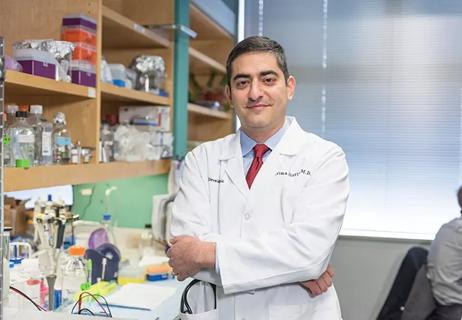Tag debug info: client: {"assets":{},"datasets":{},"live":{},"projects":{},"users":{},"observable":{"assets":{},"datasets":{},"live":{},"projects":{},"users":{}}} Now: 1770668830314 Cache Key: cqdTagPageBySlug:castration-resistant-prostate-cancer fetchCache[cqdTagPageBySlug:castration-resistant-prostate-cancer].expirationTime: falsey fetchCache[cqdTagPageBySlug:castration-resistant-prostate-cancer]. seconds remaining: falsey All fetchCache expiration times: -- Key: cqdNotFoundPage, seconds remaining: -2127 -- Key: cqdTagPageBySlug:laparoscopic-abdominoperineal-pouch-excision, seconds remaining: -2127 -- Key: cqdPostsByTag:cqd-migrated-tag-5734,1,10, seconds remaining: -2055 -- Key: cqdTagPageBySlug:bioprosthetic-aortic-valve, seconds remaining: -820 -- Key: cqdPostsByTag:cqd-migrated-tag-19861,1,10, seconds remaining: -747 -- Key: cqdTagPageBySlug:lars-svensson, seconds remaining: 1404 -- Key: cqdPostsByTag:cqd-migrated-tag-302,2,10, seconds remaining: 1493 -- Key: cqdTagPageBySlug:secondary-cardiovascular-prevention, seconds remaining: 1863 -- Key: cqdPostsByTag:cqd-migrated-tag-27015,1,10, seconds remaining: 1933 -- Key: cqdTagPageBySlug:hypertrophic-obstructive-cardiomyopathy-hocm, seconds remaining: 2332 -- Key: cqdPostsByTag:cqd-migrated-tag-21052,1,10, seconds remaining: 2404 -- Key: cqdTagPageBySlug:cleveland-clinic-atwork, seconds remaining: 2755 -- Key: cqdPostsByTag:cqd-migrated-tag-23245,1,10, seconds remaining: 2837 -- Key: cqdTagPageBySlug:michelle-kang-kim, seconds remaining: 4598 -- Key: cqdPostsByTag:cqd-migrated-tag-24949,1,10, seconds remaining: 4678 conditions: -- false, -- NA, -- NA, -- NA -- false Cache miss for key cqdTagPageBySlug:castration-resistant-prostate-cancer - retrieving from Sanity CCCache.dataFetchCount: 741 Cache cleanup seconds remaining: 19180
Advertisement
Advertisement
Tag: castration-resistant prostate cancer (CRPC)
Clinical trial strategy was developed through research on a gene associated with treatment-resistant prostate cancer
Cleveland Clinic-developed test identifies variant of HSD3B1 gene
What's driving tumor progression is the key, says Nima Sharifi, MD
Men with the HSD3B1(1245C) variant metabolize abiraterone differently
Advertisement
Cleveland Clinic is a non-profit academic medical center. Advertising on our site helps support our mission. We do not endorse non-Cleveland Clinic products or services. Policy
Rendered: Mon Feb 09 2026 20:27:10 GMT+0000 (Coordinated Universal Time)
9500 Euclid Avenue, Cleveland, Ohio 44195 |
800.223.2273 | ©
2026 Cleveland Clinic. All Rights Reserved.



